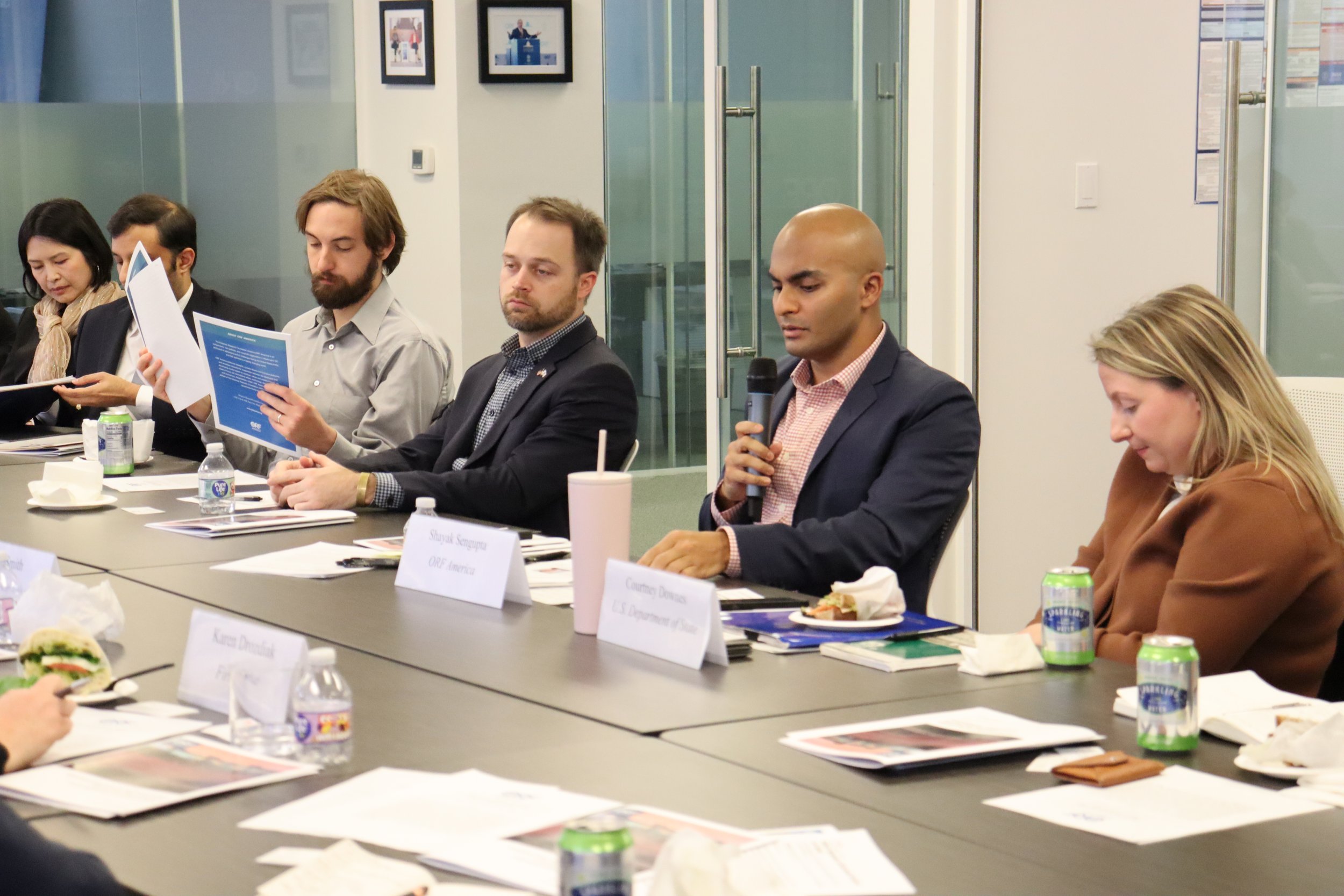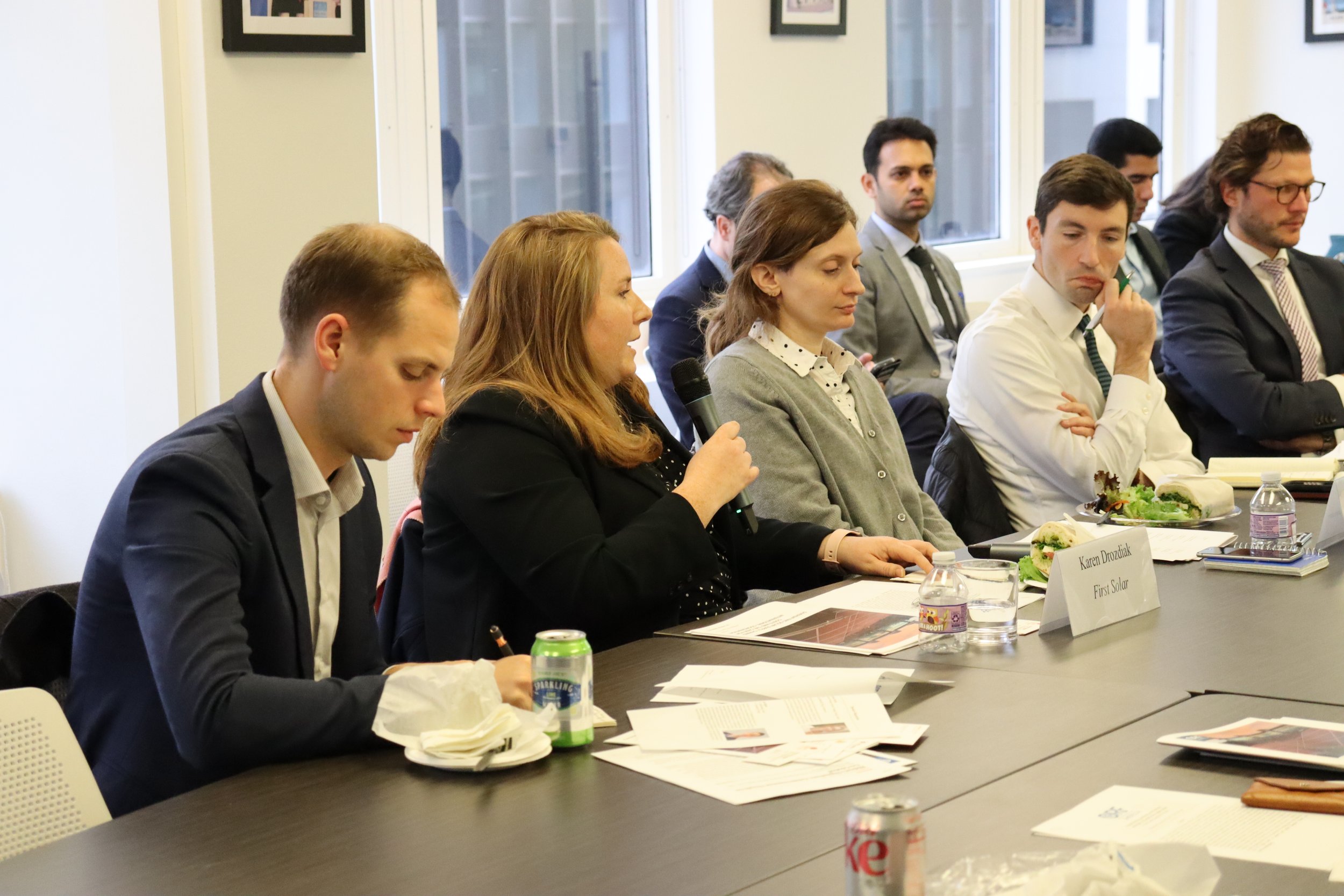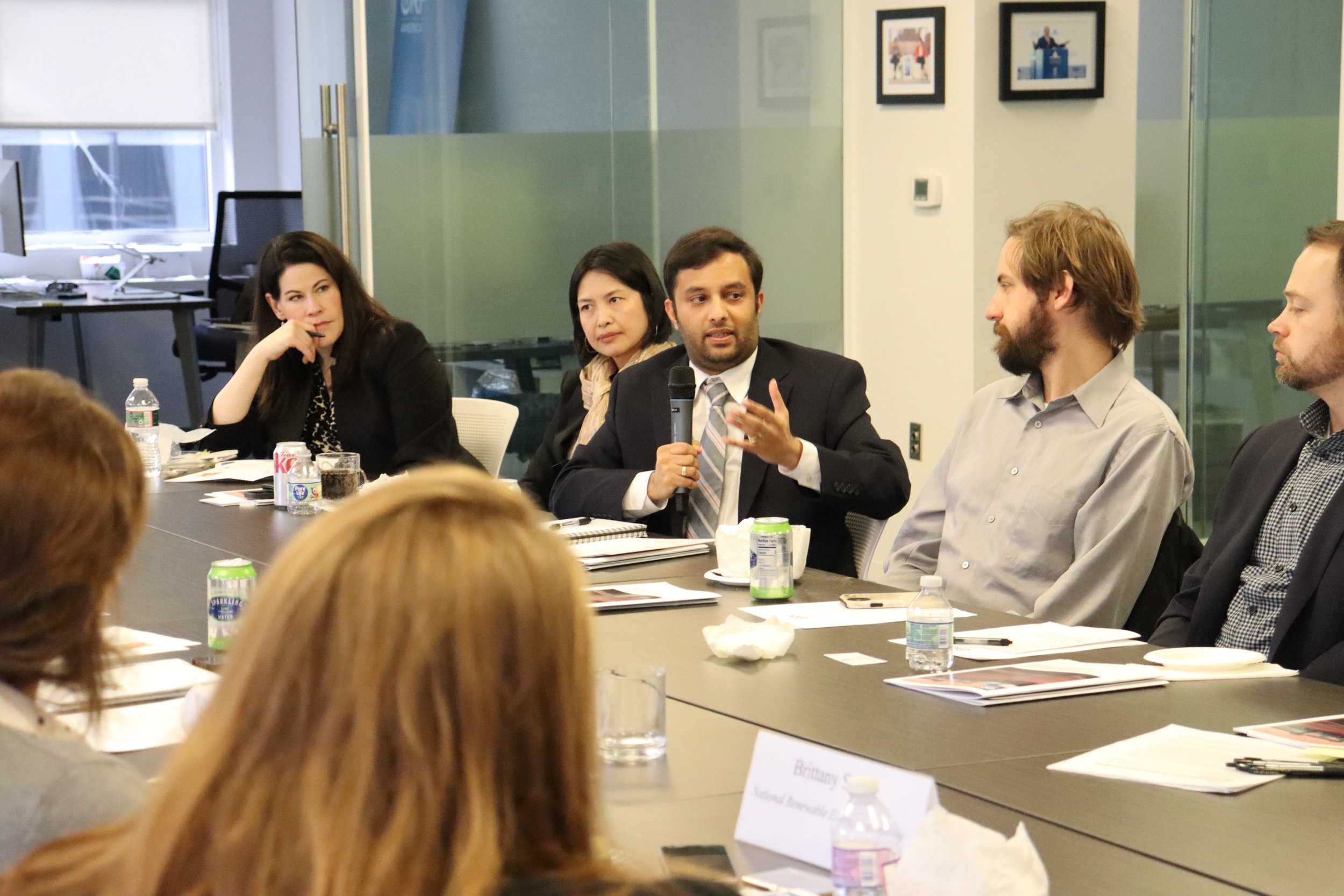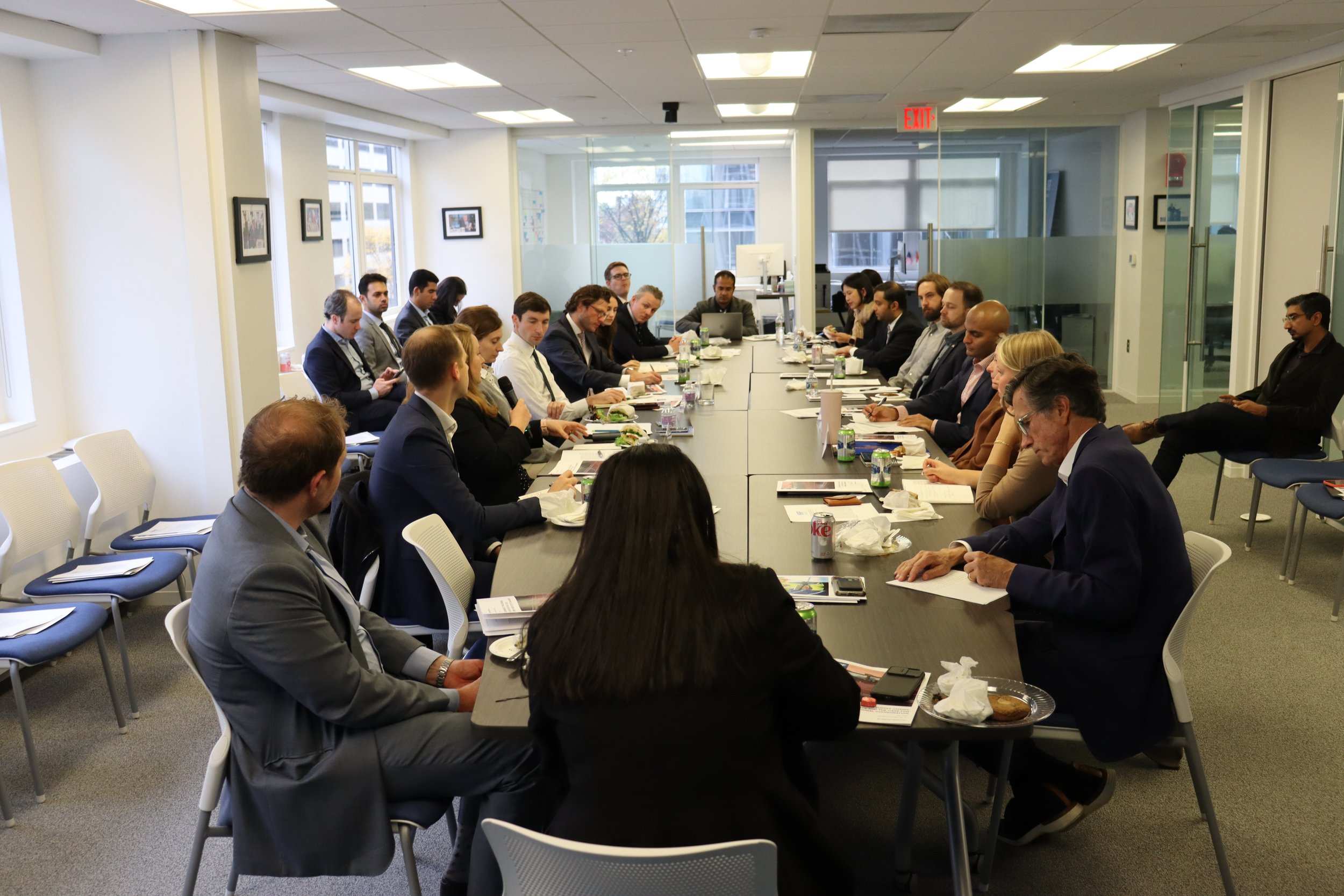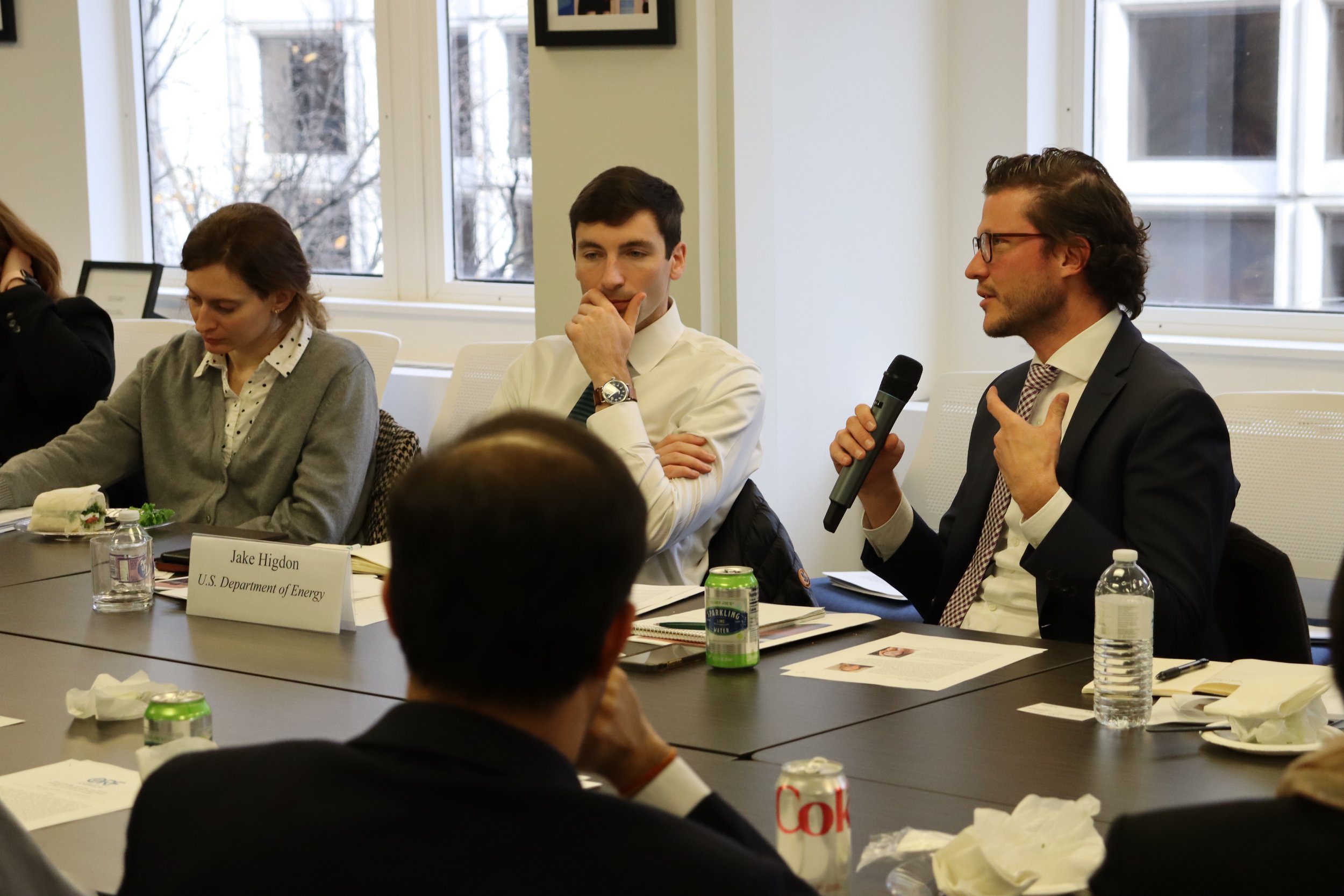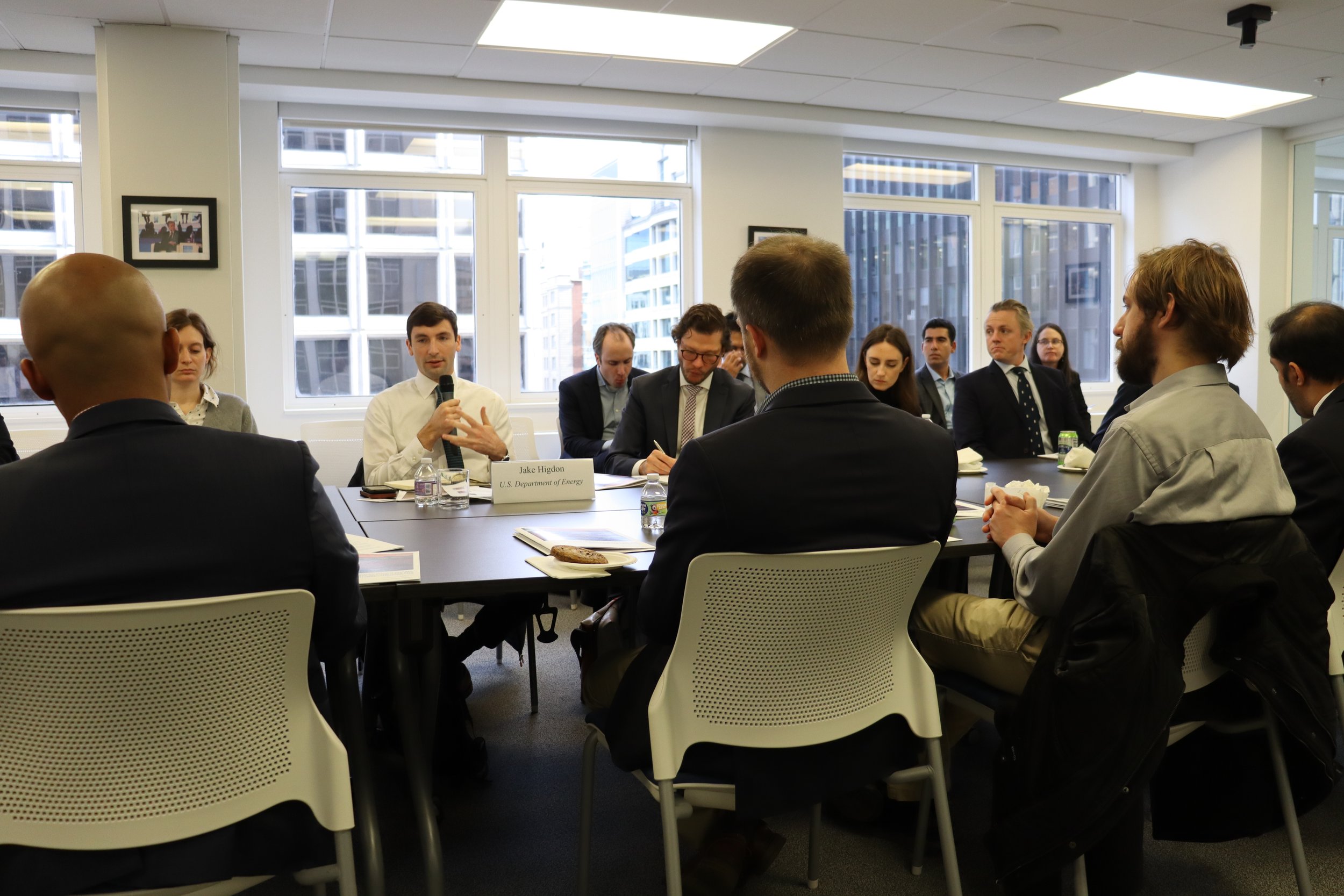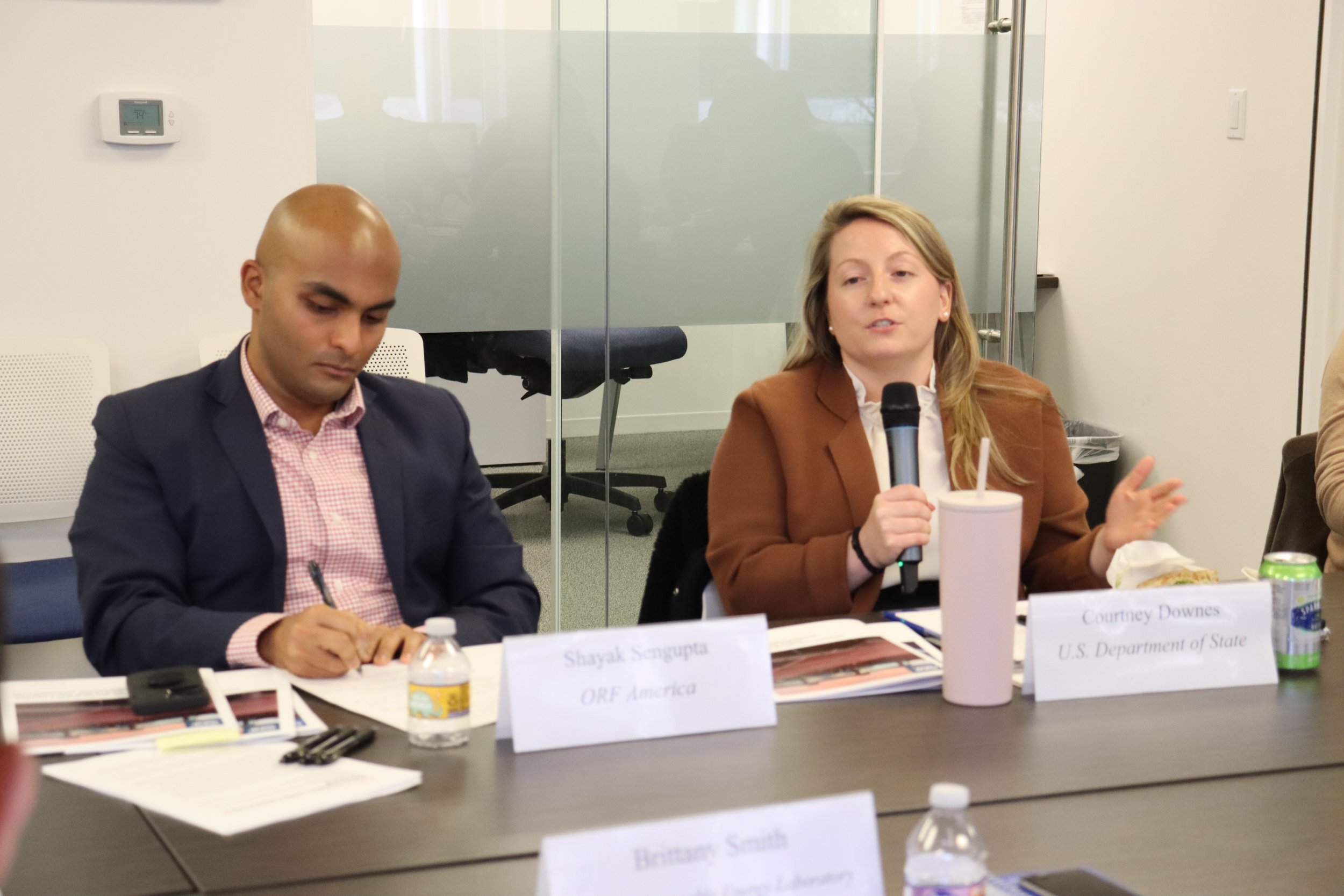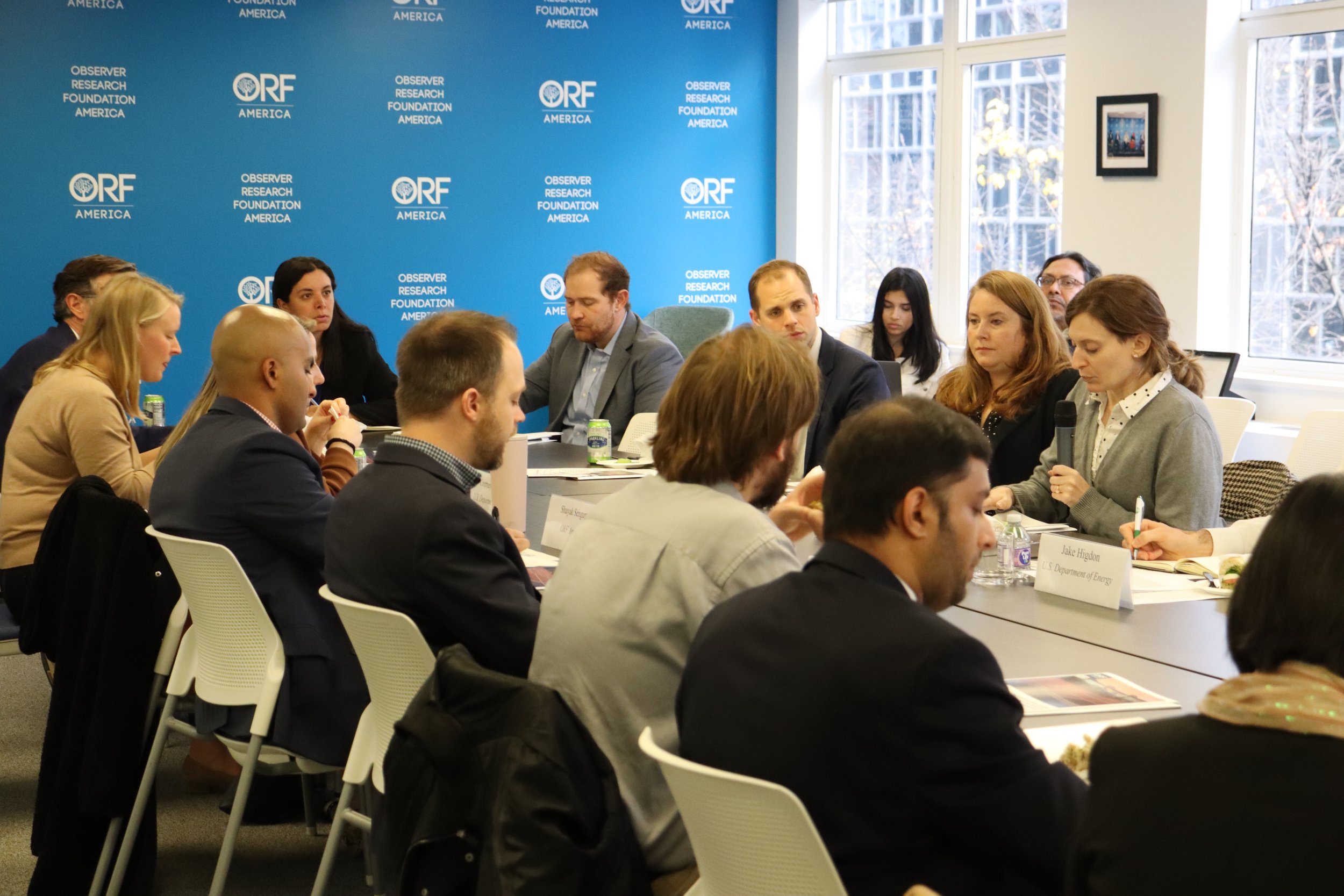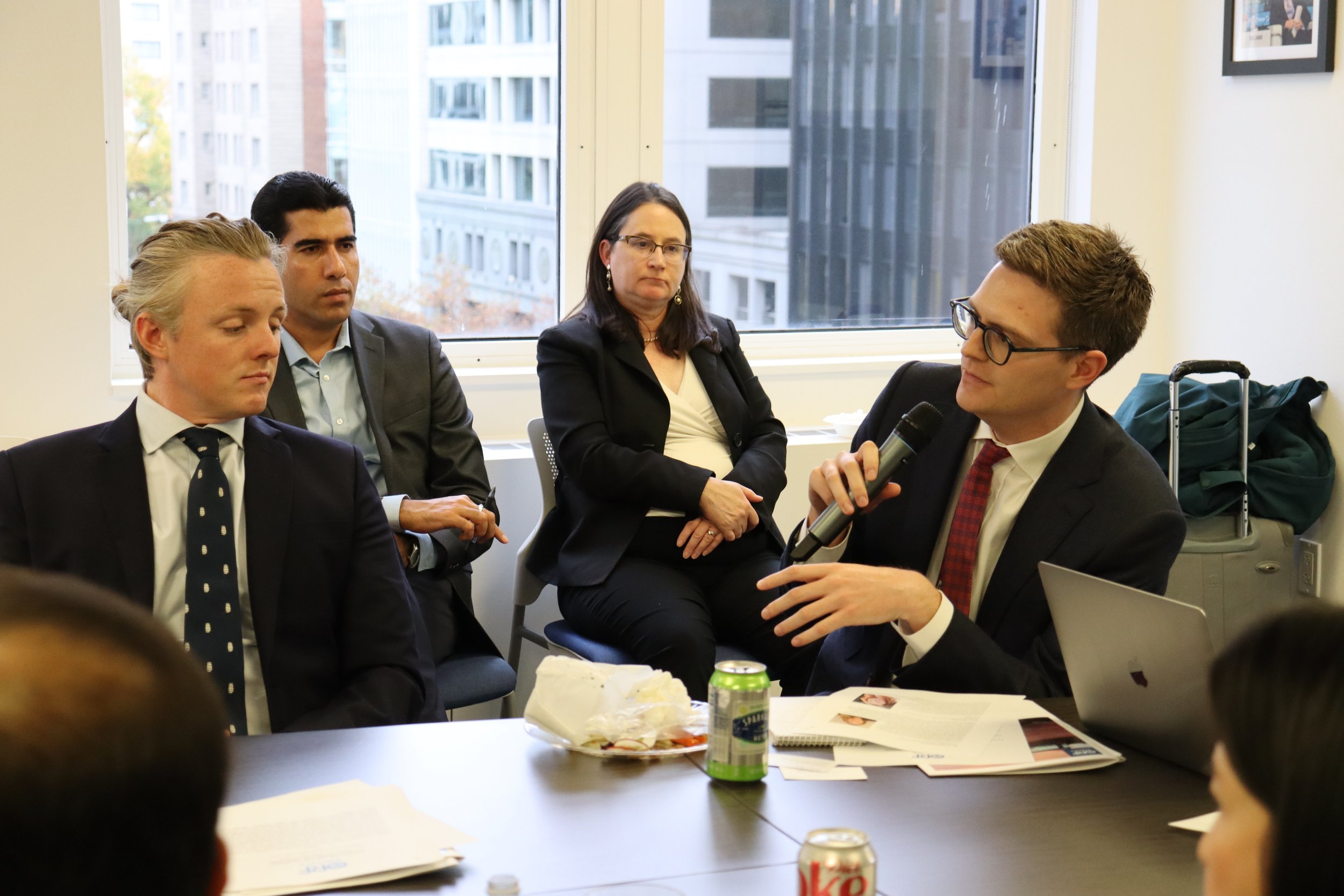ORF America’s Energy and Climate Program hosted a panel of experts from the U.S. Department of Energy, U.S. Department of State, National Renewable Energy Laboratory, and First Solar to discuss strategies to diversify solar supply chains. Eighty to ninety percent of solar photovoltaic (PV) production capacity is housed in the People’s Republic of China, with some segments heavily concentrated in certain regions, companies, or single facilities. The country dominates capacity due to innovation, economies of scale, and concerted, consistent industrial policy over the preceding decade. This in part has decreased the global prices of solar PV technology, facilitating decarbonization of the power sector. However, several economies including the United States, India, and the European Union, look to grow their share of solar PV manufacturing to mitigate the risks of a heavily concentrated supply chain. Energy security, domestic employment, geopolitical interests, human rights concerns, and decarbonization motivate these efforts. Consequently, national governments have offered incentives to increase respective shares of manufacturing capacity of solar PV components.
Panelists discussed several aspects of these efforts, including challenges of incentive design, solar manufacturing tax credits by the United States, international cooperation to align incentives, and non-cost factors such as employment and social standards that motivate diversification strategies. Data limitations to estimate costs associated with producing solar PV components are especially relevant for geographies that have no current supply chain for solar. This in turn poses challenges to design incentives like subsidies to spur domestic manufacturing capacity. The United States Inflation Reduction Act’s (IRA) tax credits have spurred announcements of reestablishing solar manufacturing capacity in the United States, with the most in finished solar modules and less upstream of the supply chain. Other tools offered by the United States government for domestic manufacturing include debt financing and technical assistance. International cooperation will be key to align incentives, and the U.S. government welcomes efforts by partner countries to offer similar incentives to build private sector manufacturing capacity and diversify supply chains. Lastly, factors beyond cost such as social and governance standards along with employment creation should motivate incentives. Discussion among participants followed panelist remarks. In summary, discussion concluded the several themes related to diversifying solar supply chains. Industrial policies to spur solar manufacturing capacity rely on imperfect information and incentives, especially in settings without the requisite manufacturing ecosystems. Cost is not the only factor behind diversification, likewise subsidies and tariffs are not the only tools available. Proponents of current efforts by national governments including the United States and India cite the need to level the playing field and reduce the risks associated with concentrated solar supply chains in China. The incentives have the potential for “learning by doing” in terms of solar technology and innovation. However there are challenges and uncertainties associated with current approaches due to the pace of change in global solar markets. Open questions still exist on the degree of success of such policies in reducing supply chain concentration. The United States and India offer a case study of these kinds of efforts playing out and the international cooperation underpinning them.
Speakers:
Dr. Courtney Downes, Energy Officer, Bureau of Energy Resources, U.S. Department of State
Karen Drozdiak, Director of Global Environmental, Social, Governance (ESG) and Sustainability, First Solar
Jake Higdon, U.S. Manufacturing Advisor, U.S. Department of Energy
Dr. Brittany Smith, Solar Techno-Economic Analyst, Strategic Energy Analysis Center, National Renewable Energy Laboratory
Moderator: Shayak Sengupta, Fellow in Energy & Climate, ORF America
